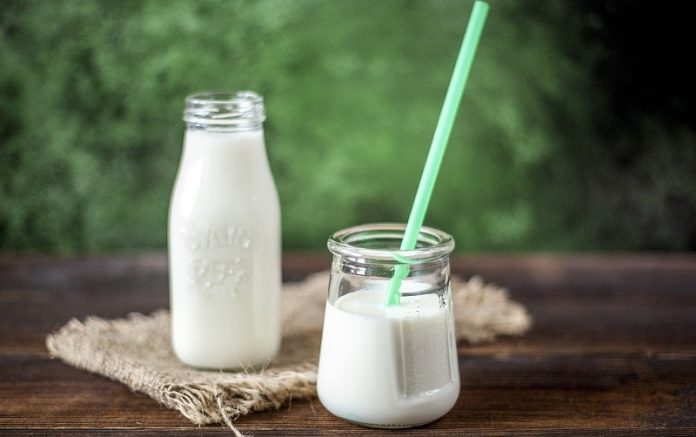
Scientists from Sun Yat-sen University found that milk drinking is linked to changes in heart disease and cancer death risk in older people.
Milk is packed with important nutrients like calcium, phosphorus, B vitamins, potassium, and vitamin D. Plus, it’s an excellent source of protein. It is important for bone health.
But milk also may lead to food allergies. About 2% of children are allergic to the protein in cow’s milk.
Lactose is the sugar found in milk. Many people have a health condition called lactose intolerance and have bloating and diarrhea when they eat or drink milk products.
Previous research findings on the association of milk consumption with the risk of heart disease or cancer were contradictory.
In the study, the team examined the associations of milk consumption with the risk of all-cause, heart disease, and cancer mortality in a low milk consumption population using data from the Guangzhou Biobank Cohort Study.
The researchers tested 18,214 participants aged 50+ years without CVD history at baseline (2003-6).
Among these participants, 12,670 (69.6%) did not consume milk, 2669 (14.7%) had moderate (1-3 portions/week; 1 portion = 250 ml) and 2875 (15.8%) had high (3+ portions/week) consumption.
During a follow-up of 11.5 years, 2697 deaths occurred, including 917 heart disease and 1029 cancer deaths.
The team found that people who drank milk moderately had lower death risks in heart disease, stroke, and all-cause generally.
However, people who had a high consumption of milk had higher total cancer and esophagus cancer death risks.
The researchers did not find associations between high milk consumption and death risks in lung cancer, liver cancer, gastrointestinal cancer, or colorectal and anal cancer.
Based on the findings, the team concluded that in people with much lower milk consumption than those in the West, moderate milk drinking showed a lower risk of heart disease death compared with no drinking.
But high milk drinking showed a higher risk of total cancer mortality. Further studies are needed to check the differential effects of milk on heart disease and cancer.
The research is published in Clinical Nutrition and was conducted by Xiang Jun Wang et al.
Copyright © 2022 Scientific Diet. All rights reserved.





